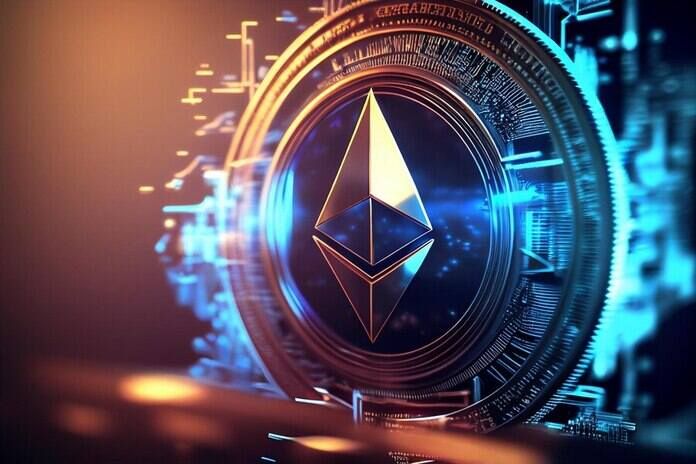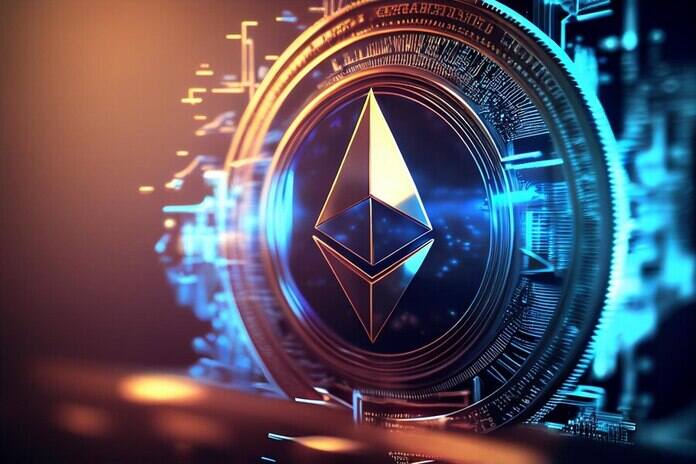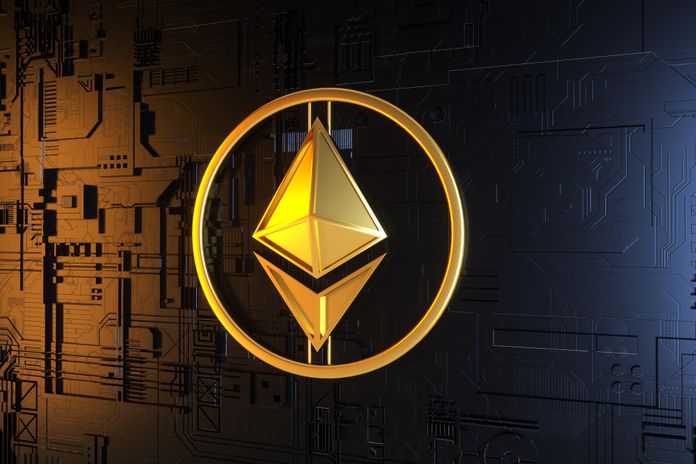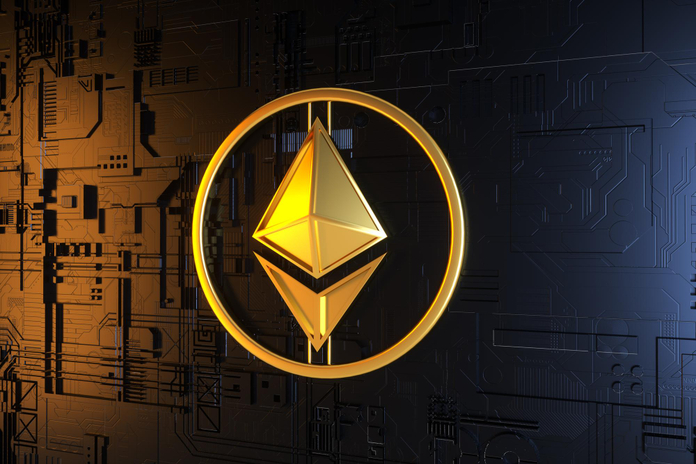Trump’s Pro-Crypto Comments Propel Memecoins to New Heights

Memecoins linked to former US President Donald Trump and celebrity Caitlyn Jenner surged on Monday following Trump’s weekend endorsement of cryptocurrency.
Newly minted tokens like MAGA on Ethereum and JENNER on Solana experienced dramatic price increases, with JENNER soaring 500-fold in the last 24 hours.
MAGA Token’s Meteoric Rise
The MAGA token, named after Trump’s “Make America Great Again” slogan, launched less than two weeks ago and has risen 150% in the last 24 hours. Its market value peaked at $300 million on Monday, with over $74 million in trading volume. Variants of MAGA and TRUMP tokens on Solana are also being launched on other blockchains, generating millions in trading volume.
JENNER Token Controversy
The JENNER token, associated with Caitlyn Jenner, saw almost $200 million in trading volume in the last 24 hours. However, there is skepticism about the token’s connection to the real Caitlyn Jenner, despite endorsements on her social media accounts. Jenner has not responded to requests for comment but has cautioned on social media that not all crypto investments are suitable for everyone and that there are inherent risks, including potential loss of value.
Trump’s Influence
Trump’s recent comments have significantly influenced the memecoin rally. Speaking at the Libertarian National Convention on Saturday, he pledged to protect self-custody rights for crypto owners and opposed the creation of a central bank digital currency. His shift from a previously negative stance on crypto to a supportive one has energized the memecoin market.
Political Memecoins
As the US presidential election approaches, political memecoins have become more prevalent. Earlier this year, tokens referencing political figures like US President Joe Biden and Federal Reserve Chair Jerome Powell were launched. On Monday, major political memecoins saw mixed results: Jeo Boden fell 6%, while Doland Tremp gained over 15%.
Controversy and Speculation
Memecoin speculation has its critics, especially regarding tokens with offensive tickers promoting racist and sexist ideas. Several such tokens, particularly on Solana, were launched earlier this year and have drawn significant criticism.
Featured Image: Freepik








